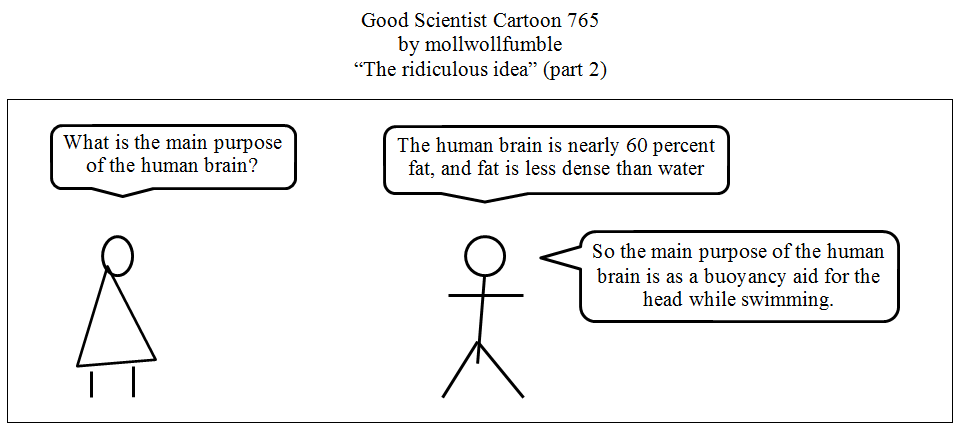>Reading random stuff on the electric internet, it seems to be a widely accepted belief that the word “belief” applies only to statements or concepts that are accepted with little or no rational consideration or evidence.
i’m thinking propositional attitude or something, i’d better look it up…
https://en.wikipedia.org/wiki/Propositional_attitude
“A propositional attitude is a mental state held by an agent toward a proposition.
Linguistically, propositional attitudes are denoted by a verb (e.g. “believed”) governing an embedded “that” clause, for example, ‘Sally believed that she had won’.
Propositional attitudes are often assumed to be the fundamental units of thought and their contents, being propositions, are true or false from the perspective of the person. An agent can have different propositional attitudes toward the same proposition (e.g., “S believes that her ice-cream is cold,” and “S fears that her ice-cream is cold”).
A number of software systems are now available to simulate propositional attitudes for industrial purposes, for customer relation management systems, decision support and content generation (Galitsky 2012).
Propositional attitudes have directions of fit: some are meant to reflect the world, others to influence it.
One topic of central concern is the relation between the modalities of assertion and belief, perhaps with intention thrown in for good measure. For example, we frequently find ourselves faced with the question of whether or not a person’s assertions conform to his or her beliefs. Discrepancies here can occur for many reasons, but when the departure of assertion from belief is intentional, we usually call that a lie.
Other comparisons of multiple modalities that frequently arise are the relationships between belief and knowledge and the discrepancies that occur among observations, expectations, and intentions. Deviations of observations from expectations are commonly perceived as surprises, phenomena that call for explanations to reduce the shock of amazement”
